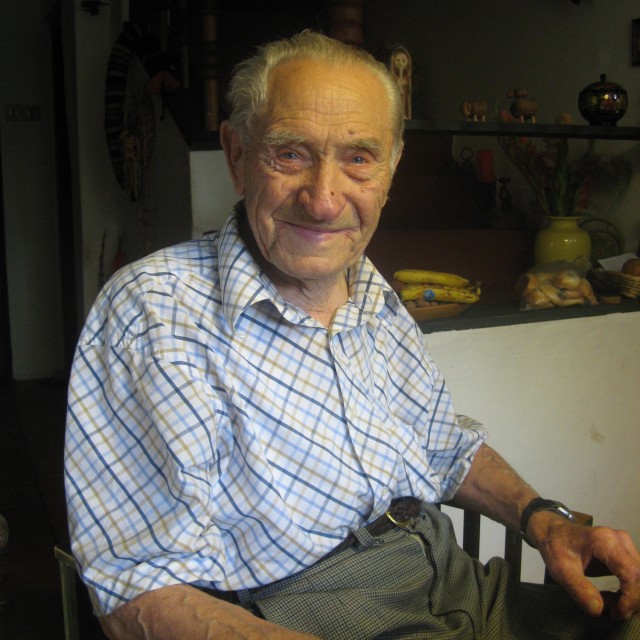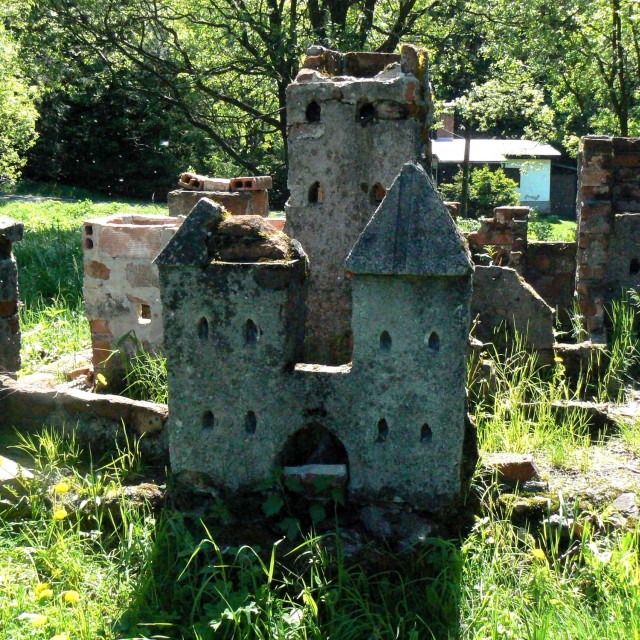The minecart just flew past
Rovnost was the last camp, in the list of all the ones, where Jan Haluza had served his sentence. He worked in a mine there: “I had to pull the minecart, which was used to carry uranium ore, three or four kilometers up a small hill to the place of excavations. That is where the minecart was loaded which we then took down. That was called running off. We had iron pipes which we would put between the wheels to slow down the minecarts.” Oftentimes, the overloaded minecarts were set loose. “Once, someone started to yell that a minecart was set loose, so we immediately jumped away and looked for a place to hide. I was at a quite a good spot, but my friend had nowhere to hide,” he remembered. The terrifying situation, eventually, did not end in tragedy, as “the minecart flew past him and did nothing to him.”
Hodnocení
Hodnotilo 0 lidí
Routes
Comments
No comments yet.






